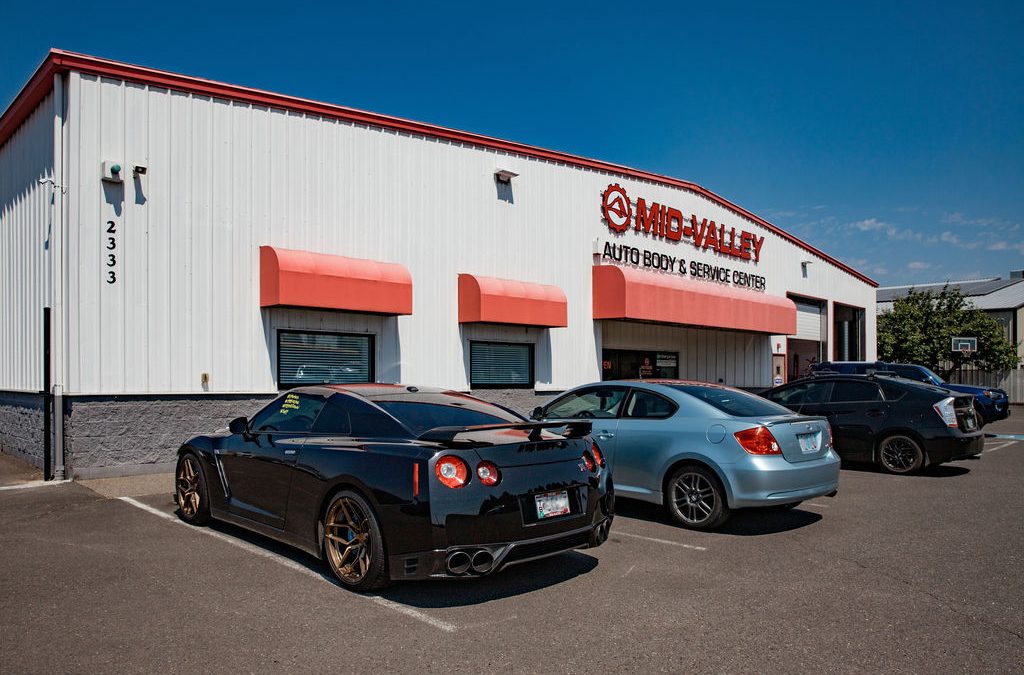How often do you need to change your brake fluid?
Brake fluid is one of the most important components of your car’s braking system. It is responsible for transmitting the force you apply to the brake pedal to the brake calipers, which subsequently apply the brake pads to the rotors to slow down your vehicle. Over time, brake fluid can become contaminated and lose its ability to perform its function. That’s why it’s important to know how often you need to change your brake fluid. In this post, we’ll cover the recommended intervals for changing brake fluid, signs that your brake fluid needs to be changed, and the consequences of not changing it regularly.
How Often Should You Change Your Brake Fluid?
The recommended interval for changing brake fluid varies depending on the make and model of your car and your manufacturer’s recommendations. However, it’s generally recommended to change your brake fluid every two years or every 30,000 miles, whichever comes first. If you drive in harsh conditions, such as stop-and-go traffic or mountainous terrain, you may need to change it more frequently. Check your owner’s manual to see what the manufacturer recommends for your specific car.
Signs That Your Brake Fluid Needs to Be Changed
If you notice any of the following signs, it’s time to change your brake fluid:
– Your brake pedal feels spongy or soft
– Your brakes feel less responsive or don’t stop your vehicle as quickly
– Your brake warning light comes on
– Your brake fluid looks dark or dirty
If you experience any of these symptoms, it’s important to have your brake system inspected by a professional immediately.
Signs That You Need to Change Your Brake Fluid
It’s not always easy to tell when your brake fluid needs to be changed, but there are some signs you can look out for. One of the most common signs is a spongy or soft brake pedal. This can indicate that there is air in your brake lines or that your brake fluid is contaminated. You may also notice that your brake pedal feels harder than usual, which can indicate that your brake fluid is low. If you notice any of these signs, it’s important to have your brake fluid checked by a professional.
Consequences of Not Changing Your Brake Fluid
If you neglect to change your brake fluid, you run the risk of experiencing reduced stopping power, which can be a safety hazard. Old brake fluid can become contaminated with moisture, which can cause corrosion in the brake lines and other components of your braking system. Over time, this can lead to expensive repairs. In the worst-case scenario, contaminated brake fluid can cause your brakes to fail entirely, which can be catastrophic.
How to Change Your Brake Fluid
Changing your brake fluid is a job best left to a professional mechanic. They have the tools and expertise to flush out your old brake fluid and replace it with fresh, clean fluid. If you’re handy with a wrench and want to tackle this job yourself, you’ll need a brake bleeder kit, a container for your old brake fluid, and a couple of hours of free time. However, we recommend leaving this job to a professional to ensure that it’s done correctly.
Changing your brake fluid is an important part of regular car maintenance. It’s recommended to change your brake fluid every two years or every 30,000 miles, whichever comes first. Signs that you may need to change your brake fluid include a spongy or soft brake pedal, a hard brake pedal, and reduced stopping power. If you neglect to change your brake fluid, you run the risk of reduced stopping power, corrosion in your braking system, expensive repairs, and even catastrophic brake failure. Contact a professional mechanic to have your brake fluid changed, or tackle the job yourself if you’re handy with a wrench.



